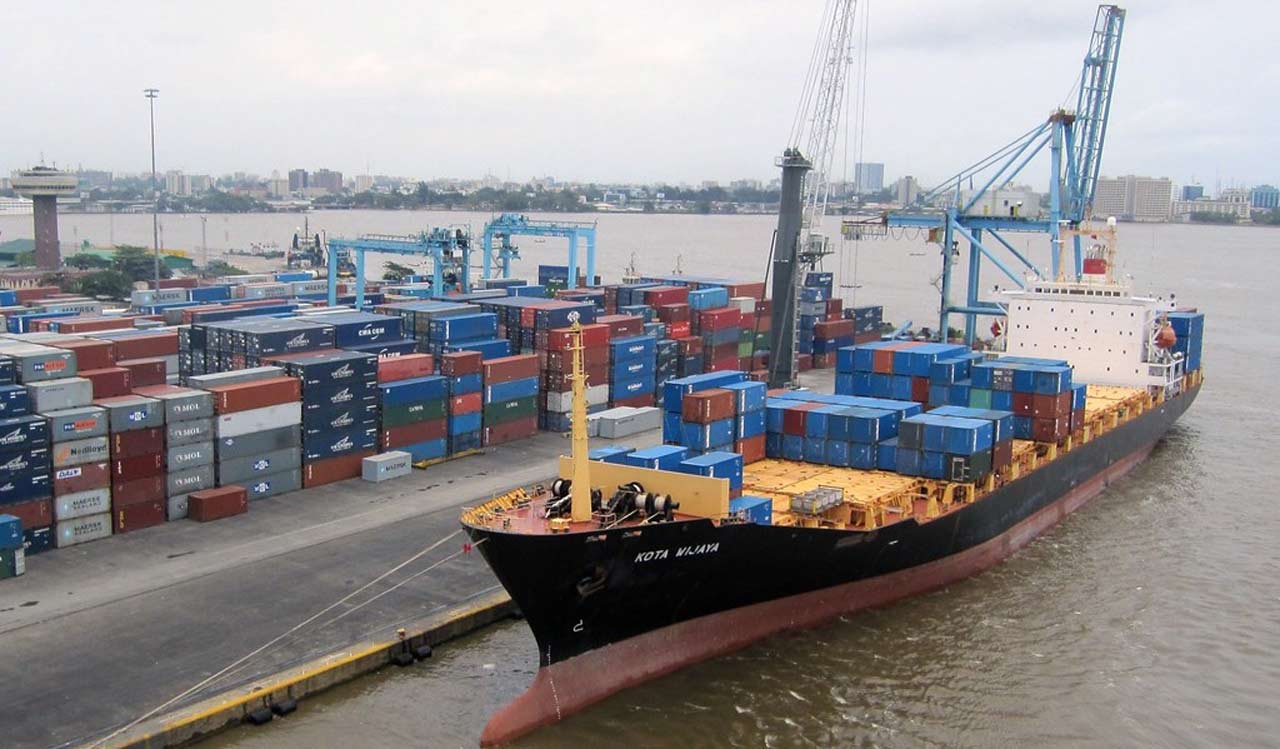
Currency naira exchange rates play a crucial role in the global economy, influencing everything from the cost of travel to the price of imported goods, including the latest gadgets and electronics. In countries like Nigeria, where many gadgets are imported, the value of the local currency against the dollar is crucial. When the Naira appreciates, or increases in value against the dollar, it might seem logical to expect a corresponding drop in the prices of imported gadgets. However, the reality is more complex.
Table of Contents
Naira Exchange Rates and Import Costs

The price of gadgets in Nigeria is significantly influenced by the exchange rate used for customs clearing. For instance, if the Naira strengthens to ₦1,345.370 per dollar from a previous rate, this does not instantly mean cheaper gadgets. This discrepancy is largely because gadget importers are subject to the exchange rate from customs, which can differ from the market rate.
Economic Principles and Consumer Prices

The pricing of imported gadgets is not solely dependent on exchange rates but also on broader economic principles, including supply and demand dynamics, inflation rates, and consumer purchasing power. Even as the Naira appreciates, other economic factors may counteract the potential for price reductions. For instance, if inflation continues to rise, the cost of living increases, which can negate the benefits of a stronger Naira on gadget prices.
Parallel Market vs. Customs Exchange Rate
The parallel market, or the market where currency is traded unofficially, often features a different exchange rate from the official customs exchange rate. A higher rate in the parallel market suggests that importers are paying more Naira for the same amount of dollars, increasing the cost of importing gadgets into Nigeria.
Furthermore, the Nigerian Foreign Exchange Market (NAFEM) also plays a significant role. When the Naira’s value increases in NAFEM, it’s an indicator of economic trends but doesn’t immediately translate to lower gadget prices due to the lag in adjustment of the customs exchange rate.
The Impact of Exchange Rate Fluctuations
Importers’ Pricing Strategy
Importers of gadgets to Nigeria factor in several costs: the exchange rate fluctuations, import duties, shipping costs, and other expenses. These costs directly influence the final price of gadgets. If the Naira is stronger in the parallel market than at the customs exchange rate, the potential for price reductions in gadgets is limited, as importers need to cover their increased costs.
Consumer Expectations vs. Market Reality
Consumers often expect prices to fall when the Naira appreciates. However, the intricate relationship between the parallel market rate, the customs exchange rate, and other importation costs means that price adjustments may not be as immediate or significant as expected.
Conclusion
Understanding the relationship between the Naira’s valuation and gadget prices requires a multifaceted approach, considering not only exchange rates but also the broader economic and regulatory environment. While a stronger Naira holds the promise of cheaper imported gadgets, the reality is shaped by a confluence of factors, including customs duties, market dynamics, and the global economic landscape. For consumers, patience and a keen eye on market trends are essential to navigating the ever-changing world of gadget pricing.
In the end, while an appreciation of the Naira against the dollar is a positive indicator for the economy, its direct impact on the prices of imported gadgets is mediated by a complex web of economic factors. Understanding these nuances is crucial for both consumers and importers alike in setting realistic expectations and making informed decisions in the dynamic marketplace of tech gadgets.




